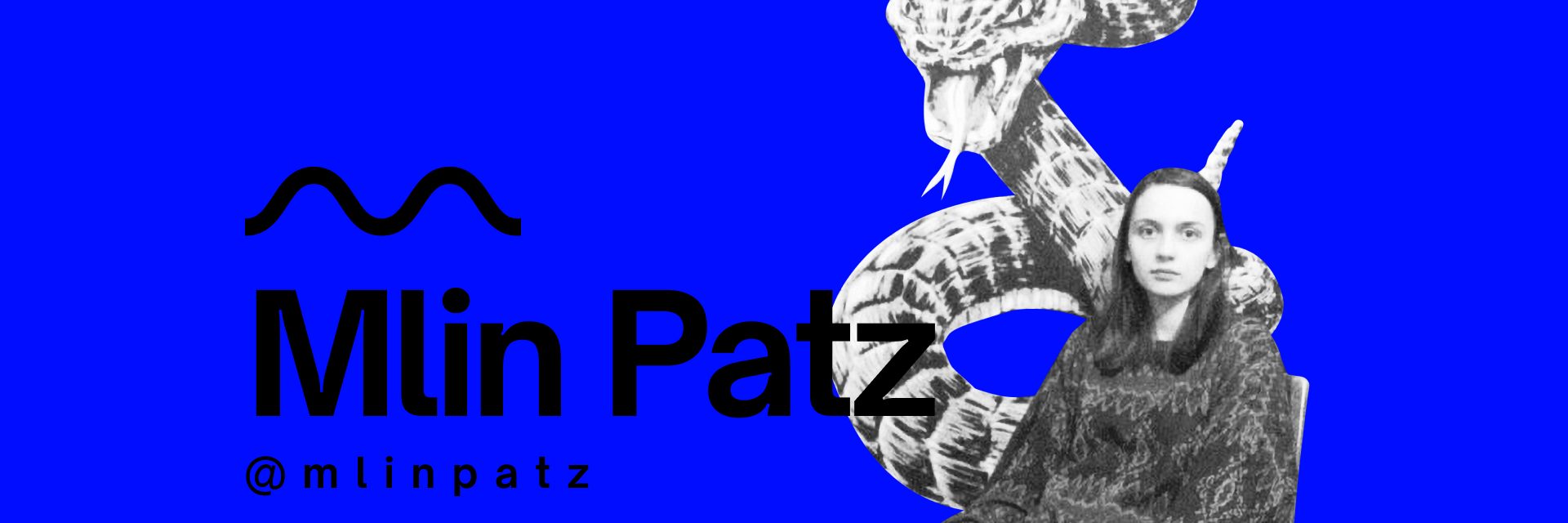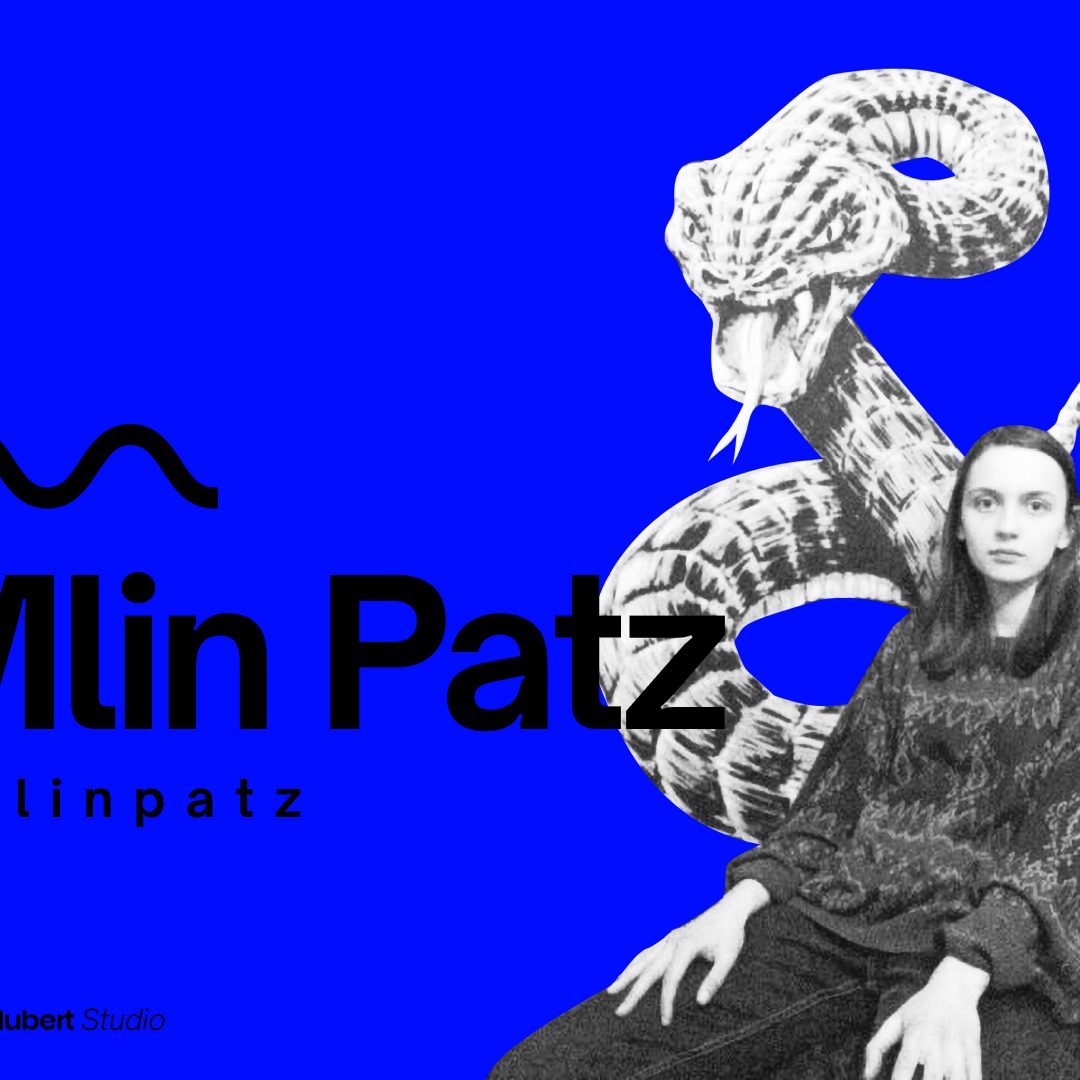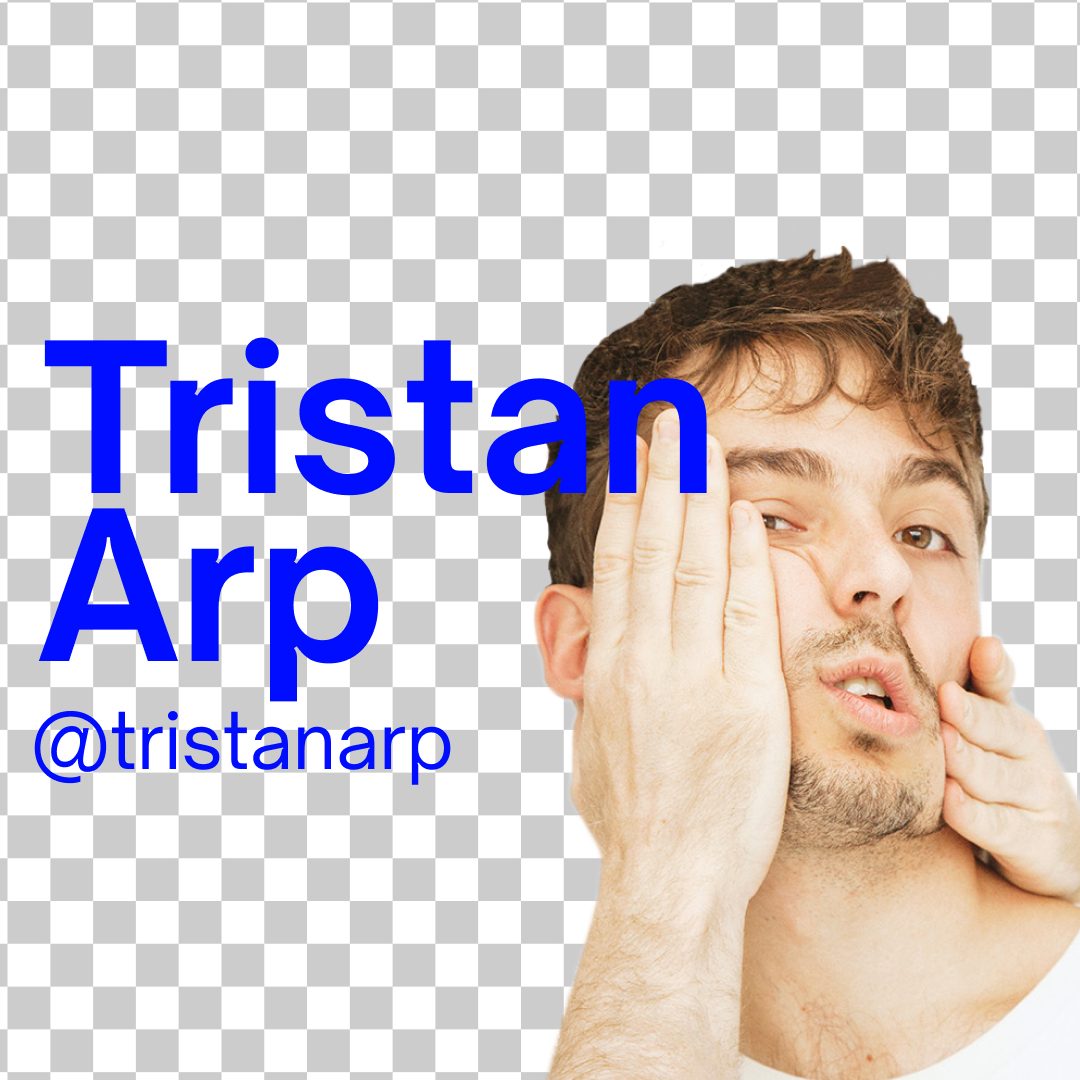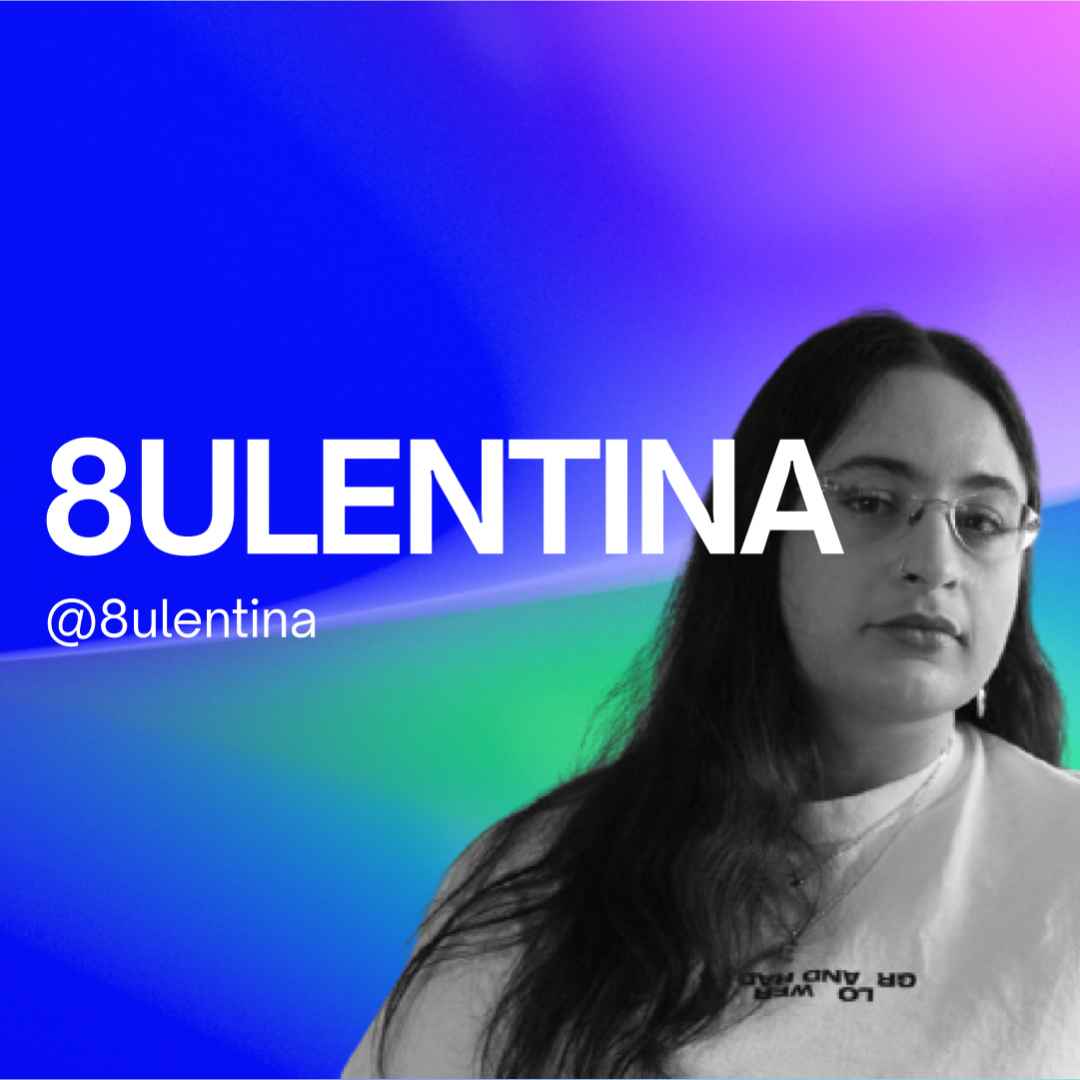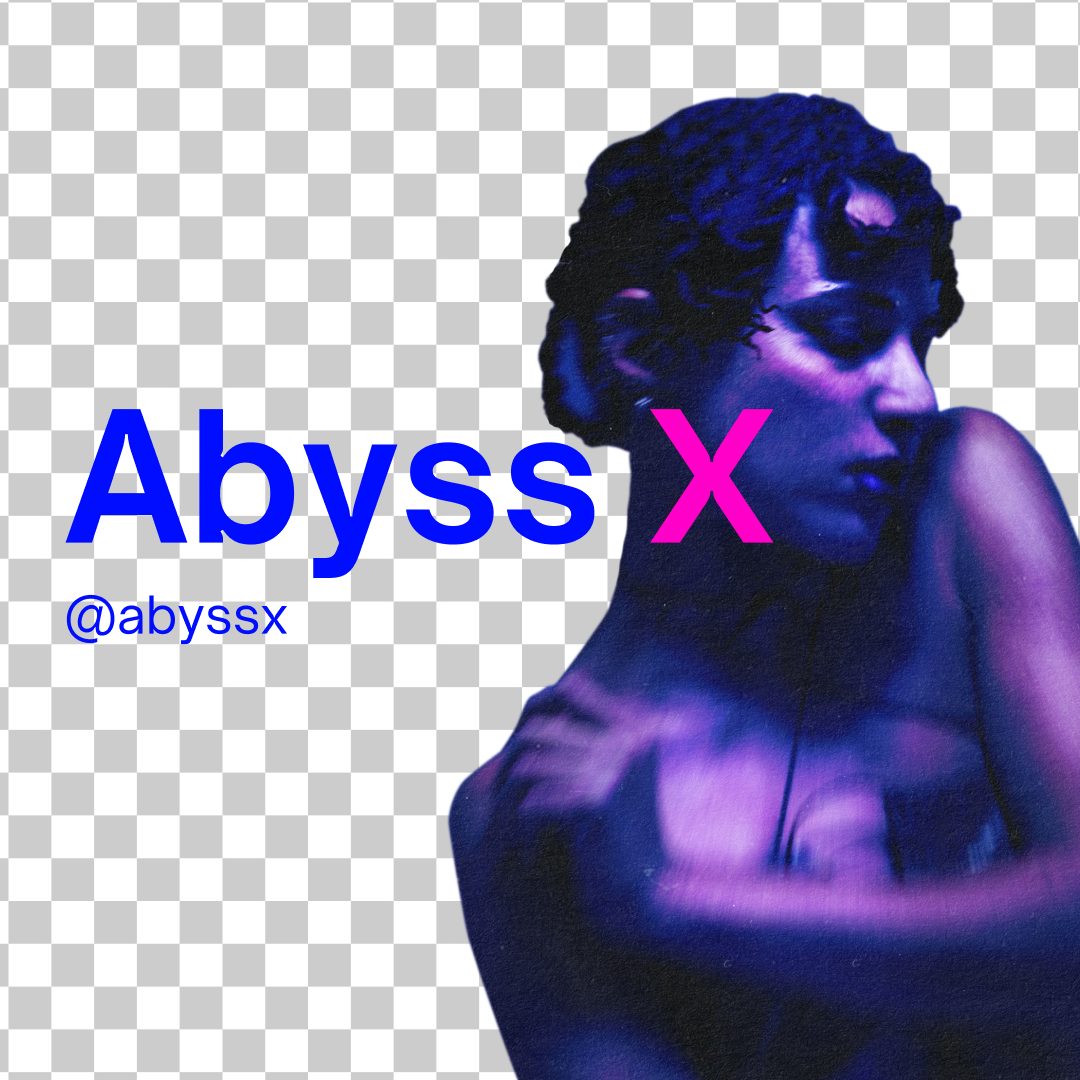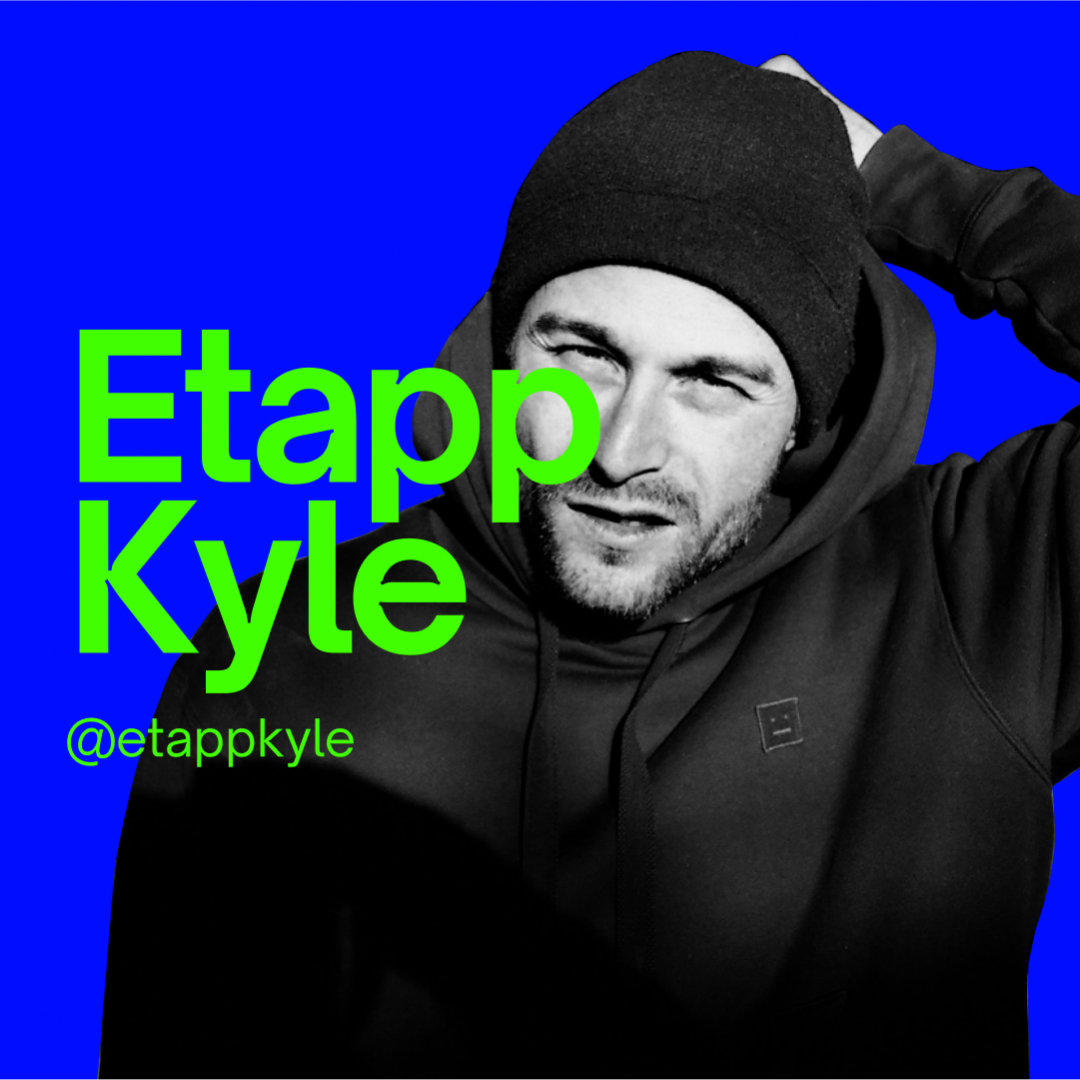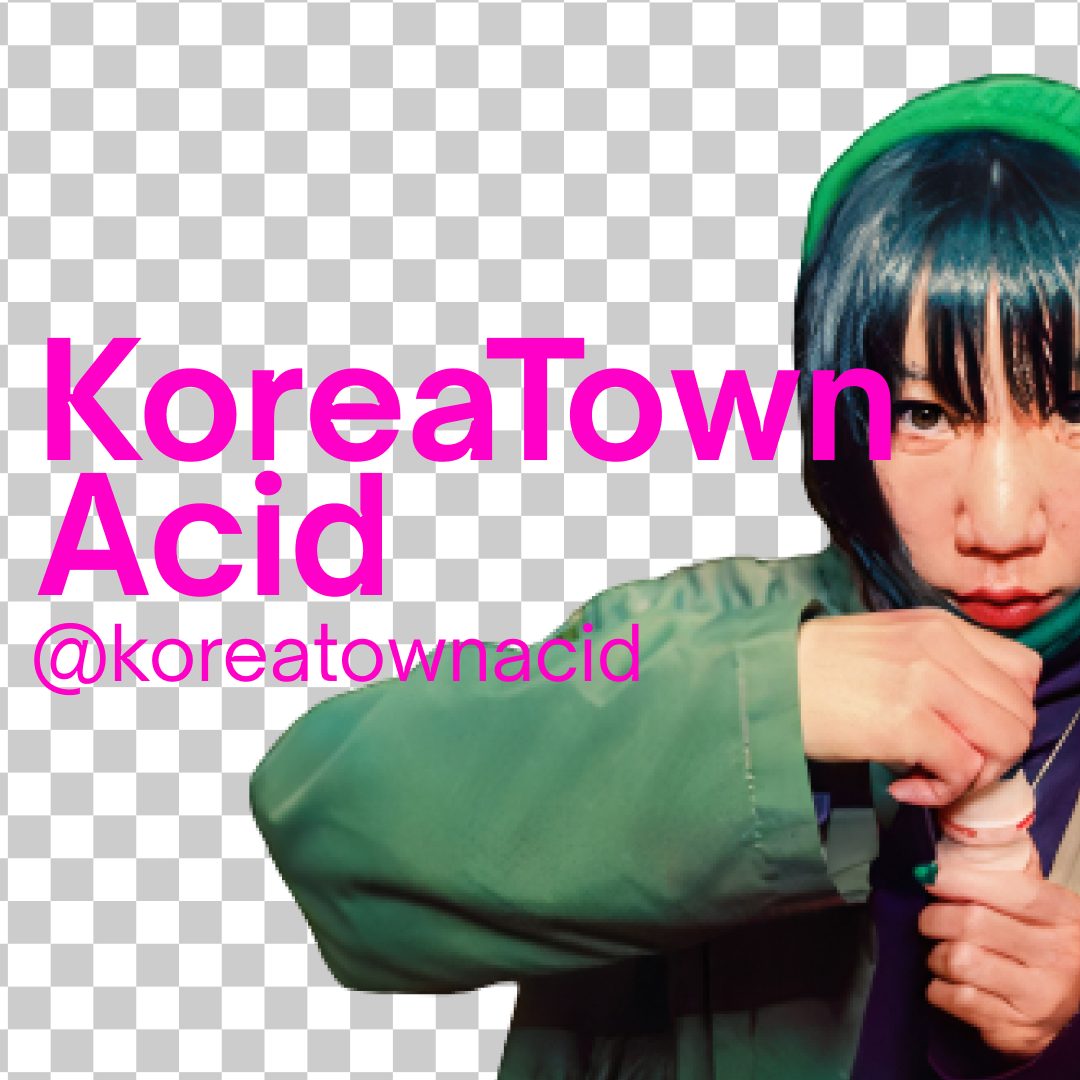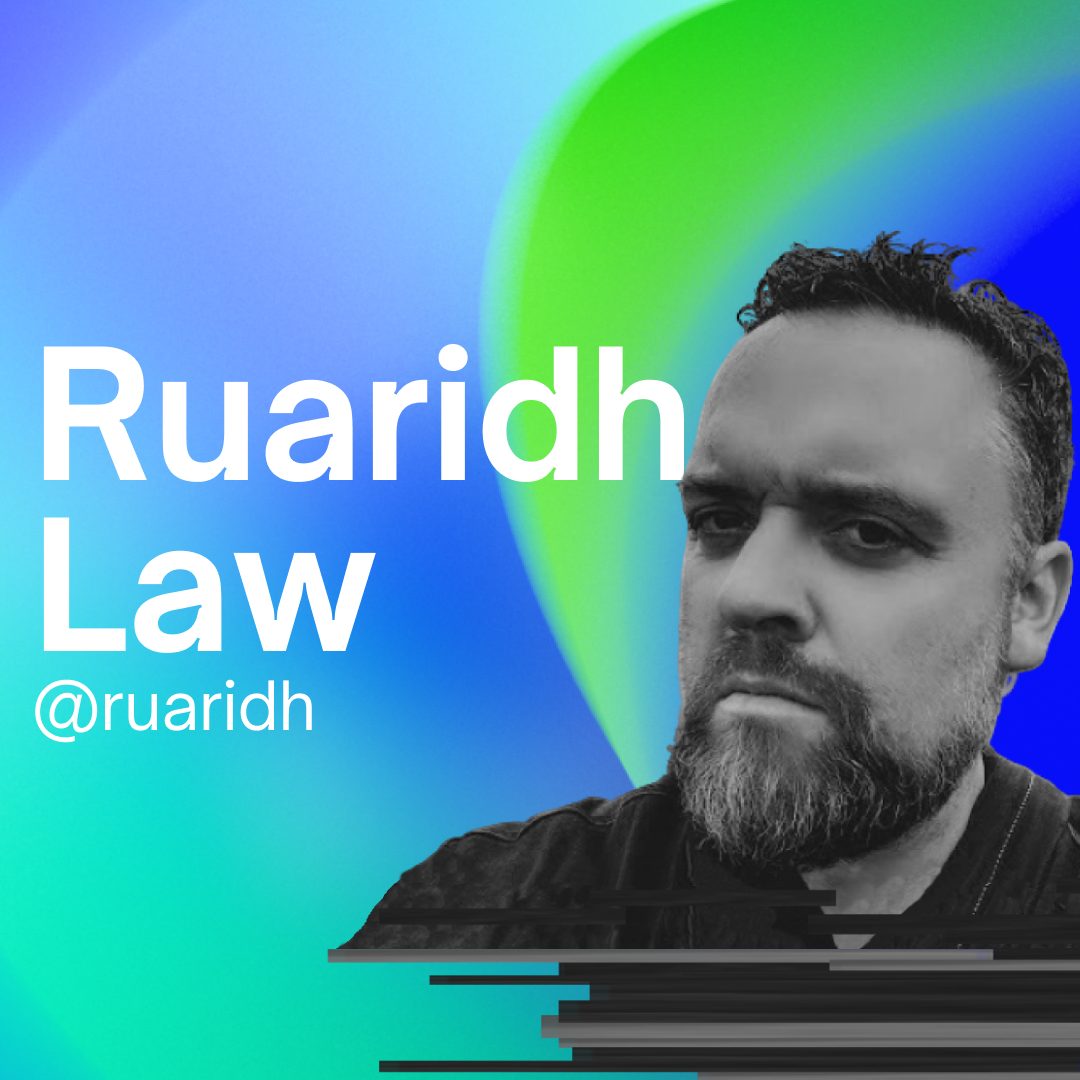Polina Matskevych aka Mlin Patz has been honing her skills in Odessa-based kraut-dub femme trio Chillera. Her debut solo release, 2016’s “TVRK EP” on the System label, heralded her signature style of deep ambiance, dub-influenced electronica, and her delicate work with field recordings. The use of dub production methods and the guitar as a key instrument in “Sunlimit”, the next release for Muscut, is helping to hone her unique sound: a blend of sun-kissed chords and overdubbing experimentations infused with a trippy, dayglo sensibility. She’s currently busy with guitar duties for Chillera and is preparing a new EP which is set for release in early 2022.
Technologies are evolving faster than ever before and becoming a part of our daily life. Should musicians adapt to these changes and how? What disciplines should they learn to be ready for the industry?
For me, technology as a method has always seemed to be built on the economy of time, which in turn increases productivity. At the same time, technology as a structure mostly remains open only to the engineers that develop it because of the complexity of knowledge required to develop it. In my opinion, this aspect (also known as the blackbox phenomenon) prevents the artist from being the “blacksmith” of his own decision before a problem. On the other hand, technologies created for commercial production allow musicians to get rid of routine work, which makes adaptation a subjective decision that depends on the task set.
We notice that the design of technologies now contains the intention to a low threshold of entry — it is enough to be able to provide a clear statement of the problem. Also, if the technology has an accessible and well-written open API, there is no doubt that an artist with software development skills can easily discover a field for experiments.
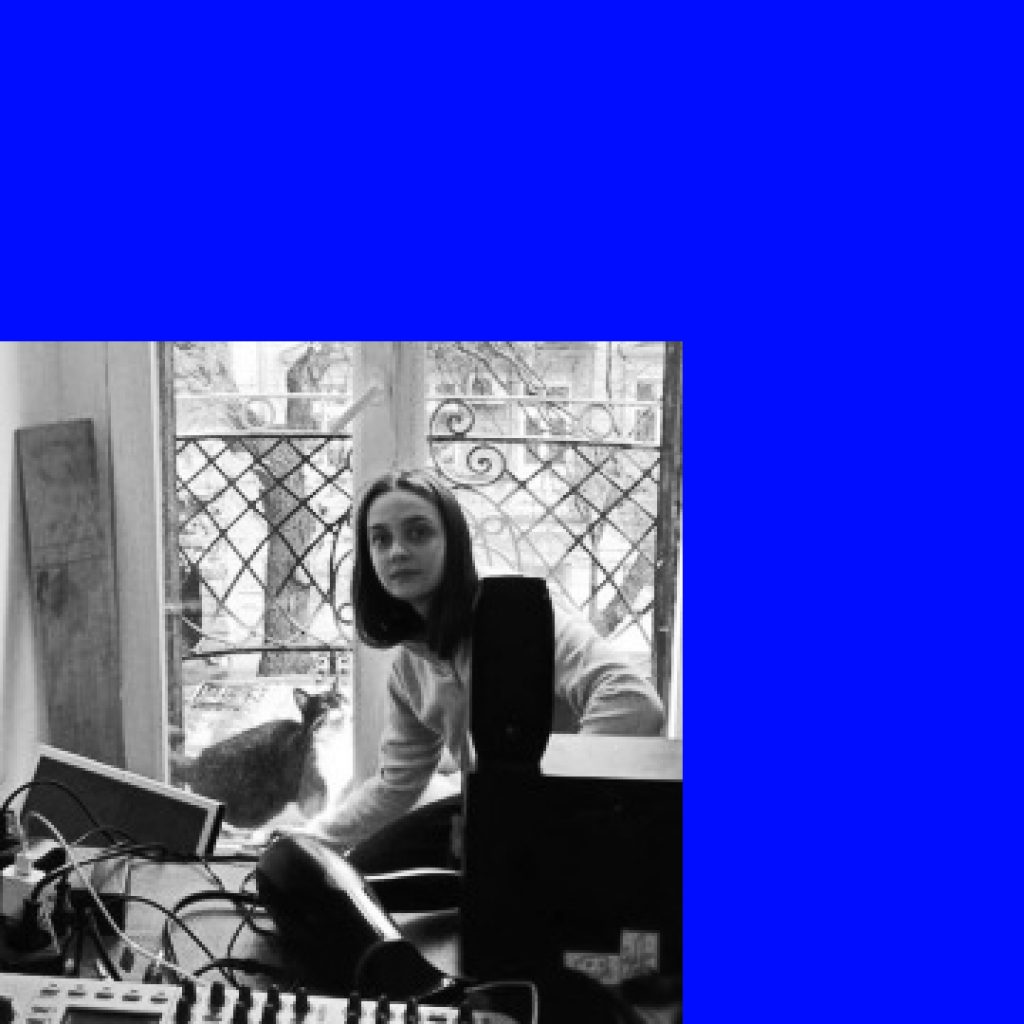
In your opinion, how will music be consumed in the near future? How will it be created?
Utopianly, I see that in the future, people will allow themselves more variety with regard to audio content, using music less as an additional factor to the hedonism of existence, but seeing in listening and making music a self-sufficient activity that allows them to spend time thinking about the objects and ideas that surround us, events and how they sound.
In what new ways can Mubert’s technology be applied?
Using Mubert to interact with an AI that performs the function of generating a sample pack, integrating Mubert to compose compositions, to create acoustic spaces (music for maternity homes, police stations, cafes, transportation) inside the city, as well as social events: concerts on the occasion of public holidays, weddings, funerals, curfews, and religious sacraments.
What is your overall opinion on the audience changing your compositions?
I would be very happy if my compositions became a playground for listeners.
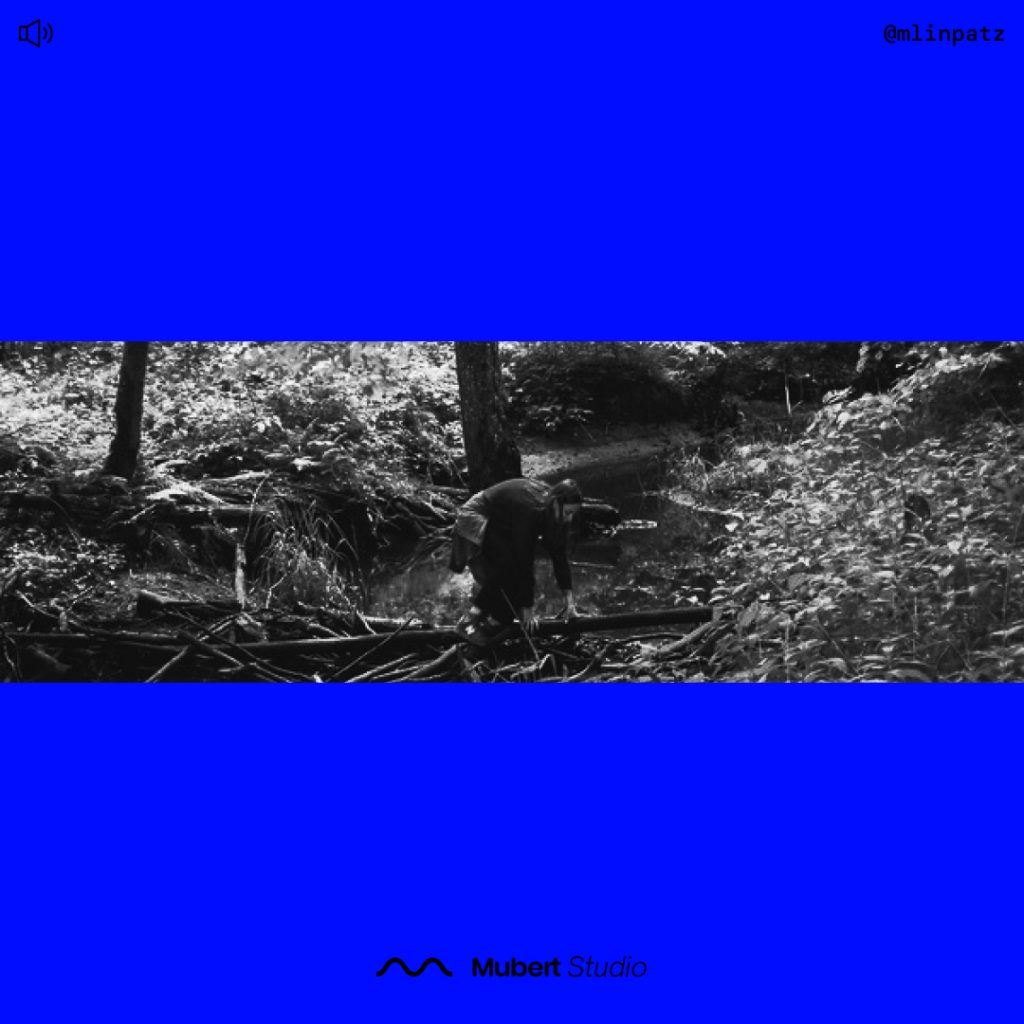
In general, what other instruments can be created for listeners to lower the barrier between the artist and their audience? Should it be lowered? In what ways would you personally like to connect with your listeners on the platform?
I would add the ability to create “projects” where the artist’s stream serves as the parent container and have listeners’ variations on this stream with their subjective settings be child containers. Accordingly, it is the toolkit that would allow the listener to give feedback to the musician, bring variety and open discourse.
It can be a built-in audio editor, additional storage for samples, capture of a stream with the ability to comment on a composition. From the artist’s side, the mechanism for selecting permissions — variables with which their listener can work — would be interesting. For example, Mubert has a great categorization of samples by instrument and the artist could ask the audience to add a certain number of samples for a particular group of instruments.
Artist Interviews, Artists, InterviewsAbout us
Mubert is a platform powered by music producers that helps creators and brands generate unlimited royalty-free music with the help of AI. Mubert's mission is to empower and protect the creators. Our purpose is to democratize the Creator Economy.
For Creators API for Developers For Musicians

